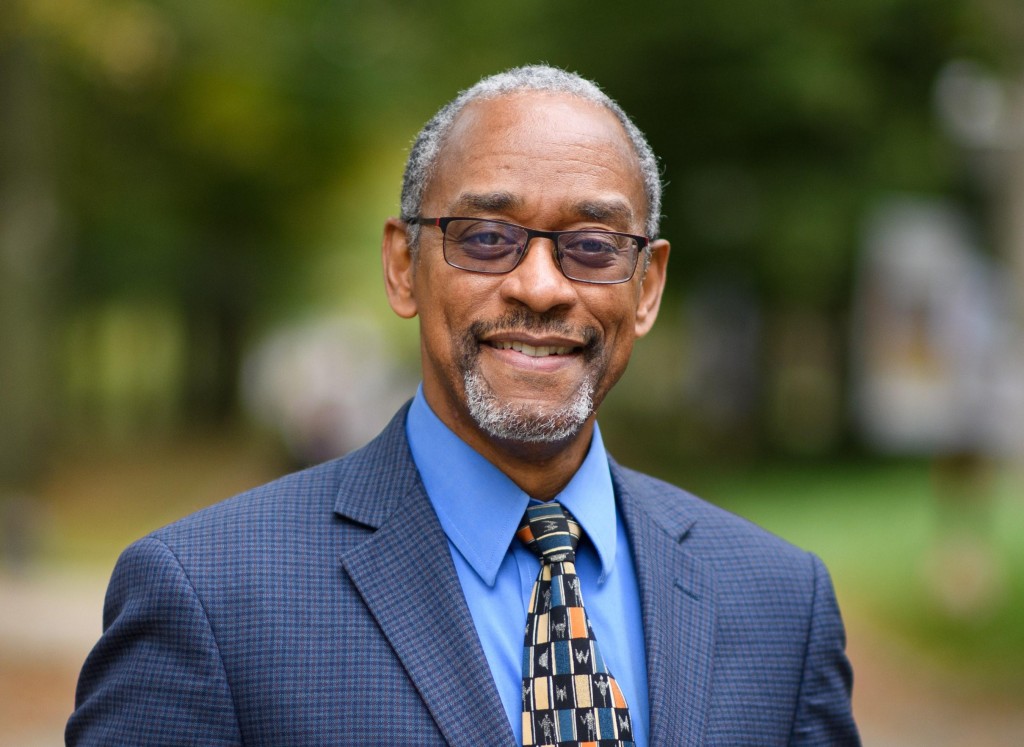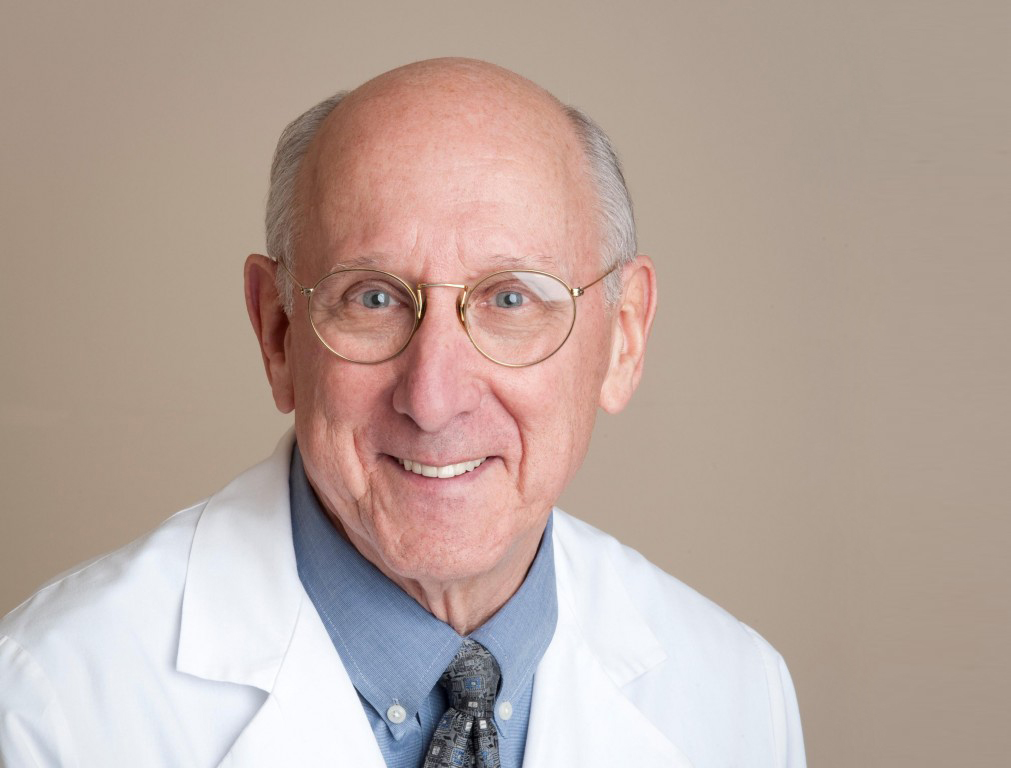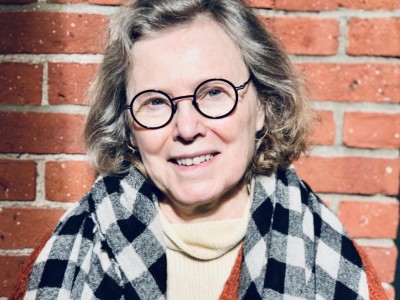Prof. Keith Wailoo

Prof. Keith Wailoo
Prof. Keith Wailoo has authored an influential body of historical scholarship focused on race, science, and health equity; on the social implications of medical innovation; and on the politics of disease.
Henry Putnam University Professor of History and Public Affairs at Princeton University, Wailoo is also president of the American Association for the History of Medicine.
His acclaimed books include Dying in the City of the Blues: Sickle Cell Anemia and the Politics of Race and Health (2001), How Cancer Crossed the Color Line (2010), and Pain: A Political History (2014). His collaborative writings on contemporary health and social policy include Katrina’s Imprint: Race and Vulnerability in America (2010), Three Shots at Prevention: The HPV Vaccine and the Politics of Medicine’s Simple Solutions (2010), and Genetics and the Unsettled Past: The Collision of DNA, Race, and History (2012). Other significant writings bridging history and current health affairs appear in the Lancet, Perspectives on Biology and Medicine, New England Journal of Medicine, Journal of the American Medical Association, the New York Times, and other media.
“The histories I write shed new light on hidden health experiences in the past,” Wailoo describes his work. “From the experience and care of people in chronic pain, to the way cultural values shape ideas about cancer, to how sickle cell disease emerged from medical invisibility to become a focal point of debate in the U.S. over race, health equity, and social justice.”
Wailoo’s work has influenced how scholars, policymakers, and the public think about the intersections of culture, politics, and medicine, and how we understand the promise and limitations of medical innovation. He served on many health policy committees where this long view of the past has guided and enriched contemporary approaches to science and medical affairs. He is widely known for bringing historical perspective forcefully into public commentary and policy discussions, on topics ranging from the opioid crisis to the politics of vaccination and Covid-19. His historical work is therefore notable for speaking not only to historians, but also to humanities and social science scholars across multiple disciplines, medical professionals, ethicists, and a wider public – advancing a broad understanding of health and health equity.


